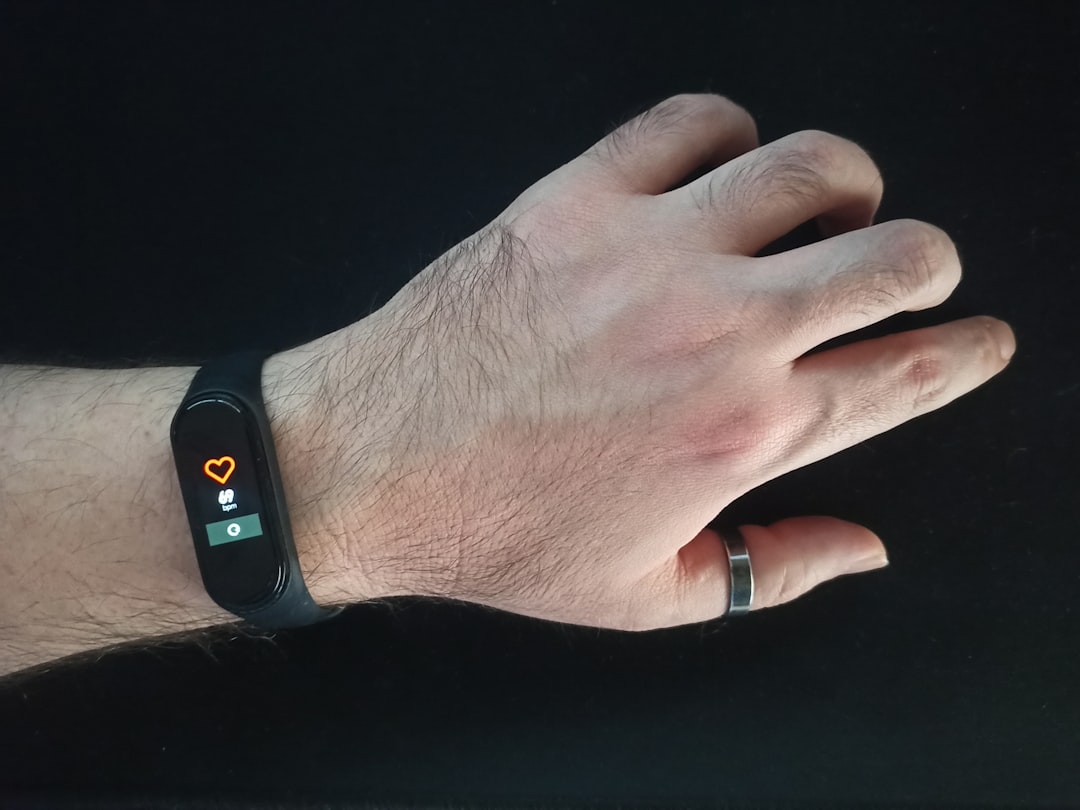Is Heart Rate Variability the Fountain of Youth?
Why tiny fluctuations between heartbeats could be a big indicator of our overall health.

The rise of wearable technology has made it easier to track all kinds of health data— from step count to sleep quality. If recent articles are any indication, the new darling in this category is heart rate variability (HRV). Previously measurable only by an electrocardiogram in a doctor’s office, these tiny fluctuations in the length of time between heartbeats hold promise as an indicator of overall health.
What is HRV and why does it matter?
HRV is linked to the autonomic nervous system, which controls our heart rate, blood pressure, digestion and breathing. This system is divided into two parts: the sympathetic (think “fight or flight”) and parasympathetic (chill out) mode. HRV measures the balance between these two systems and is an indication of cardiovascular health and resilience from stress. According to the Cleveland Clinic:
“Your heart’s variability reflects how adaptable your body can be. If your heart rate is highly variable, this is usually evidence that your body can adapt to many kinds of changes. People with high heart rate variability are usually less stressed and happier.”
However, researchers are starting to find that HRV holds the key to much more. I recently came across an article in Forks Over Knives citing research out of the University of Southern California that indicates deep breathing exercises could reduce your risk of developing Alzheimer’s Disease. The reason behind this, researchers posit, could well be HRV. Other studies have linked low HRV with mental health conditions, autoimmune disorders, chronic pain and fatigue.
Perhaps most interesting, however, is the link between HRV and morality. According to a meta-analysis in the Neuroscience and Biobehavioral Review, “Lower HRV parameter values were significant predictors of higher mortality across different ages, sex, continents, populations and recording lengths.” On the flip side, higher HRV could lead to longer life. According to ProHealth Longevity:
“… Centenarians with higher HRV had greater survival rates by 1.6 additional years. Further, the lower HRV group had a 5-times increased risk of mortality, suggesting that higher HRV is a significant contributor to longevity. Notably, the longest-lived subject in the group was also the one with the highest HRV (110 milliseconds).”
Tips for increasing HRV
The good news about HRV is that while it tends to decrease with age, there are simple things we can do to increase HRV. Here are just a few:
Decrease stress. As Alex and I discussed on a recent podcast episode, stress has myriad effects on the body, and they are not pretty. Both physical and psychological stress can lower HRV by tipping our body’s homeostasis into fight or flight mode. Hence any of the methods that lower stress can raise HRV as well.
Exercise regularly. There is an inverse relationship between heart rate and HRV (lower heart rates correlate with higher HRV). By increasing cardio fitness, exercise tends to lower your resting heart rate and increase HRV. According to a systematic review in the European Review of Aging and Physical Activity, all forms of “endurance, coordinative, and multimodal training” had positive impacts on HRV. Resistance training, not so much, though there are numerous other benefits from strength training.
Take some deep breaths. As the Forks Over Knives article points out, resonance breathing, or deep, intentional breathing, can have a profound effect on HRV. A 2022 randomized, controlled study of healthy young adults found that 20 minutes per day of resonance frequency breathing not only improved HRV but “improved cognition and reduced perceived stress.”
Watch what you eat…and drink. While a relatively new area of study, some research indicates a healthy diet may be associated with HRV. On the flip side, alcohol has a decidedly negative effect on HRV. In a post on Aging with Attitude!, Robyn Everinghamdemonstrates that even one glass of wine can have measurable impact on HRV (an effect I have noticed as well).
So there you have it—HRV is an emerging area of interest when it comes to overall health and fitness. And if you’re a data junkie, according to Harvard Health Publishing, it just might warrant a closer look:
“You might see a connection to HRV changes as you incorporate more mindfulness, meditation, sleep, and especially physical activity into your life. For those who love data and numbers, this could be a way to track how your nervous system is reacting not only to the environment, but also to your emotions, thoughts, and feelings.”

